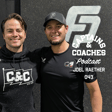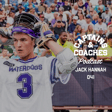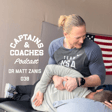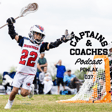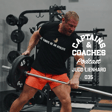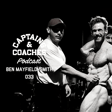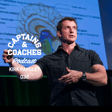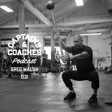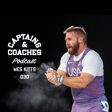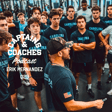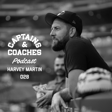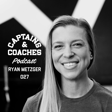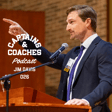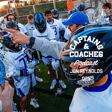
021 - Coaching Em Up w/ Tim Riley
What does it take to rebuild yourself and emerge as one of the most innovative strength coaches?
Coach Tim Riley pulls back the curtain on elite athlete development and shares his remarkable journey of personal resilience. From innovative training methods that have helped shape NFL stars to his own battle with career-threatening knee injuries, Tim delivers a masterclass in both the physical and mental aspects of high performance.
Training Programs - 7 Day Free Trial
Old Bull: https://bit.ly/old-bull-train
Captain's Speed, Strength, & Swagger: https://bit.ly/captains-train
CaptainsAndCoaches #TimRiley #CoachEmUp #StrengthAndConditioning #AthleteDevelopment #SportPerformance #NFLTraining #StrengthCoach #SportScience #CoachDevelopment #LeadershipPrinciples #HighPerformance
